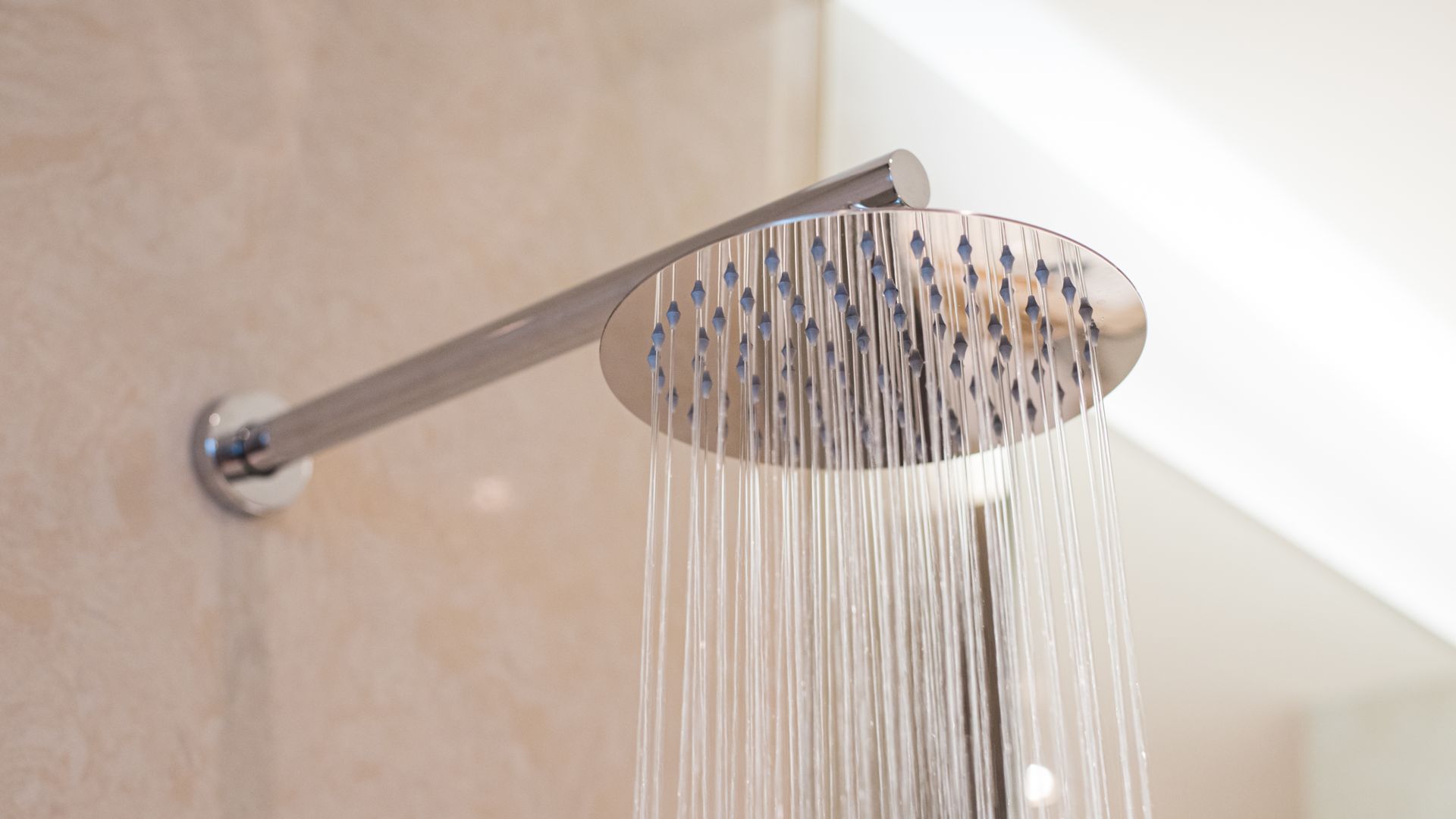Roof Vents a Vital Part of Your Plumbing System
Q: What are roof vents, anyway?
A: Roof vents are vertical pipes that are connected to your home’s plumbing system, designed to remove sewage and regulate air pressure within your pipes.
Q: Are roof vents necessary in my home?
A: Let us put it this way – without proper venting, you could be risking the comfort and health of you and your family. But don’t worry, you probably have them in your home, as many local building codes require every appliance in the home to have a trap. And, in most cases, every fixture must also have a vent.
Q: How do roof vents work?
A: You don’t want a sewage odor to constantly be emanating in your home right? That’s why roof vents are important. Waste enters your plumbing system through various fixtures in your home – like toilets, sinks, etc. After exiting the fixture, the waste first stops at a “trap.”
Q: A trap? Now I’m confused! What’s a trap?
A: A trap is a dipped (picture a U, S, or J shape) section of a pipe that is attached to most fixtures. Traps are always filled with water. The bend in the pipe stops sewer gases that are generated by the waste from entering your home.
Q: Why does the trap always contain water?
A: The water serves as a seal that helps to prevent sewer gas from passing back up through your drainpipes and entering your home. If those gases were to get in, you and your family could get sick.
Q: If no water actually flows through the roof vent, how is it helping my plumbing?
A: Thinking about what would happen if you didn’t have roof vents might help. Without them, clean water and wastewater would not be able to move properly through your pipes. Roof vents are there to preserve neutral air pressure within your drain lines so gravity can take over and successfully push water and waste through your pipes.
Q: Is it possible for roof vents to become clogged?
A: Yes, and it’s not all that uncommon. Whether it’s from ice build-up in the winter or leaf blockages in the fall, roof vents can get all stopped up. If you notice one of your drains is functioning really slowly, or you see abnormal bubbles in your toilet after flushing, then your roof vent is probably clogged. Smelling sewage in your home is another sign you should be aware of so you can get it fixed as soon as possible.
Any more questions about roof vents? Call our experts at Feehan Plumbing & Heating today!
